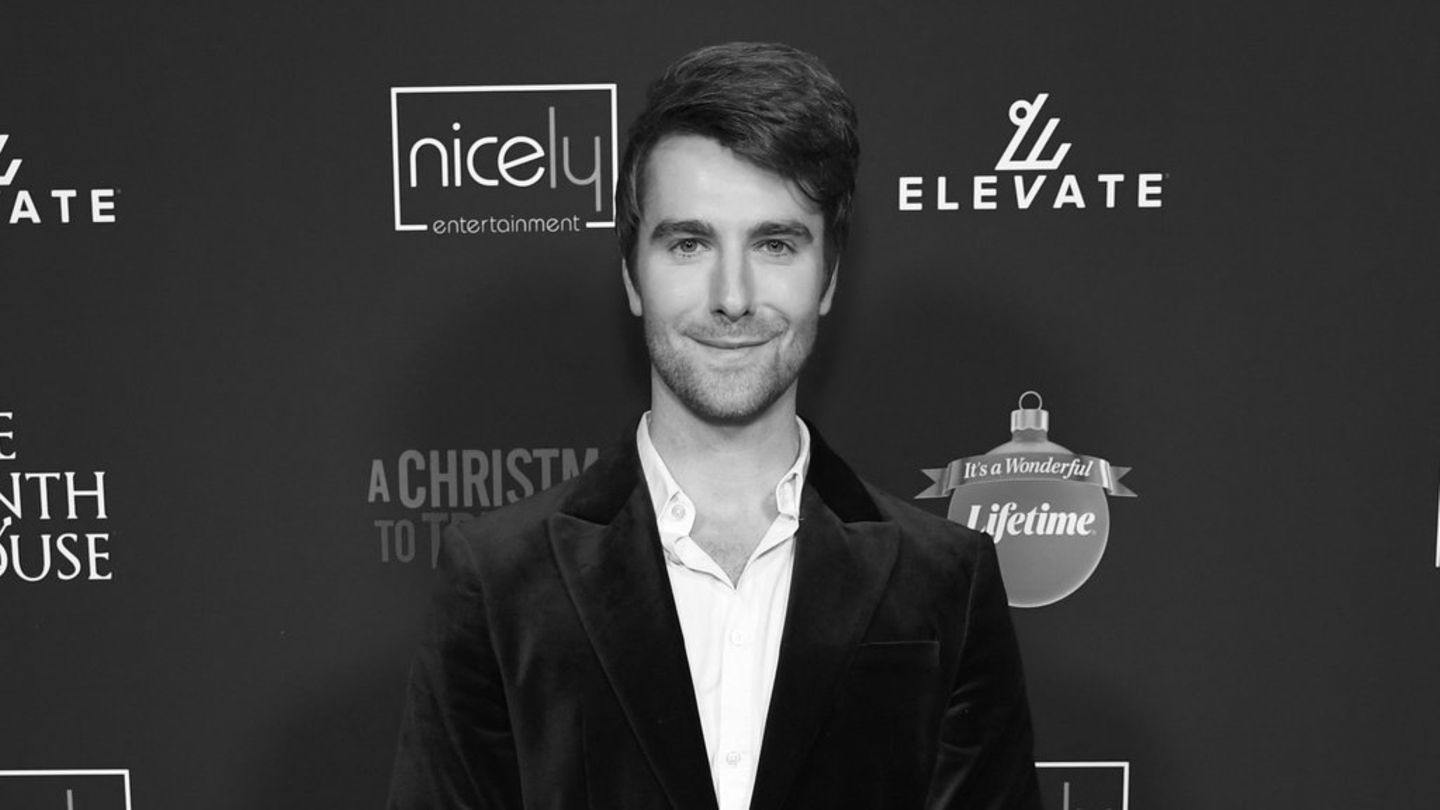Supply chains, energy price inflation and alternative sources of raw materials: In addition to fundamental questions, a lot of crisis management is a topic at the Hanover Fair this year.
The war in Ukraine and the trade policy upheavals caused by the energy price and corona crises determine the Hannover Messe to a large extent.
At the opening on Sunday evening, it became clear: climate protection, energy efficiency and digital production are becoming explosive at the most important industrial show – not least because of the search for alternative sources of raw materials outside of Russia and new debates about economic isolation.
“One thing is very clear to me: the pandemic and the war do not take away the urgency of industrial transformation,” said Chancellor Olaf Scholz (SPD). “On the contrary. Becoming independent of fossil energy – that is not only sensible in terms of climate policy. In view of the rising prices for gas, coal and oil, this also makes economic sense.” Technologies for a lower-carbon economy and “intelligent”, energy-saving manufacturing processes are among the main themes of this year’s exhibition.
Scholz relieved by the support of the industry
Scholz was relieved that German industry is behind the sanctions against Moscow. The consequences of the attack made it all the more clear that economic transformation and a move away from fossil fuels had to be promoted. This requires many new procedures and processes. “This trade fair shows that this is possible and that we will make it at great speed.”
However, there is no point in liberal societies and economies retreating into bloc politics. “We are now experiencing this with all severity: Energy independence is also a requirement of our national security,” emphasized the Chancellor. But: “At the same time, what we are experiencing today is a sign that we have to work together.” He considered a relapse into the national to be a dangerous mistake.
Economics Minister Robert Habeck said something similar to globalization: “Let’s stick to it, but let’s realign it. We must not enter into the language of a new nationalism. Then we’ll end up with Brexit and Donald Trump at some point.”
On Friday, the climate, energy and environment ministers of the G7 committed to phasing out coal-fired power generation. Since the start of the Ukraine war, however, many countries have also been looking for alternatives to Russian gas supplies – and there are voices calling for a gas embargo. Habeck generally pleaded caution: “If we act carelessly, a lot of capital is lost. Many companies will then not survive the difficult situation.”
On the one hand, the “green” conversion could now gain more momentum through a faster switch to regenerative energy sources. On the other hand, many countries are still temporarily relying, at least in part, on large quantities of fossil raw materials such as liquefied natural gas (LNG). And increased energy costs and the necessary investments for new technology are putting pressure on the budgets of companies and consumers.
“We try to cushion the greatest burdens,” said Scholz – “with loans, grants and targeted relief packages, for example for energy-intensive companies.” If one does not resolutely oppose the policies of Russian President Vladimir Putin, “the price we would all pay together” is even higher.
Scholz conceded that the need for modernization in the administration was now becoming apparent. Wind power, solar power or power line projects, for example, are often slowed down by lengthy procedures. “We will accelerate the times for administration, planning and approval processes, at least halve them,” he announced. The first floating LNG terminals should be ready by the turn of the year. A number of environmentalists criticize the shortened test routines.
Industry demands faster administration
Before the start of the fair, German industry demanded more efficient, faster and more digital administrative processes. “There are many countries that are worse than us, but also countries that are better,” said the President of the BDI industry association, Siegfried Russwurm. «I’ve been talking about an electronic health card for 15 years now. I feel like a zombie.”
Despite the war in Ukraine, the BDI considers export growth of 2.5 percent possible in German industry in 2022. However, this is dependent on an alleviation of the problems in the supply chains and the waiver of a gas embargo, Russwurm told the editorial network Germany. In all of this, it is clear that the leadership in Moscow is responsible for the situation. He met many partners in the country. Now Russia is “disqualified for a time that we cannot yet foresee”.
Source: Stern
Jane Stock is a technology author, who has written for 24 Hours World. She writes about the latest in technology news and trends, and is always on the lookout for new and innovative ways to improve his audience’s experience.




